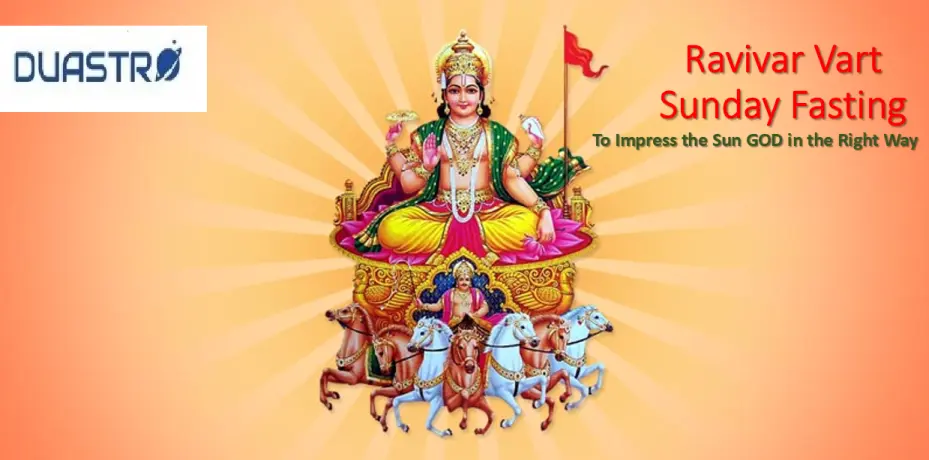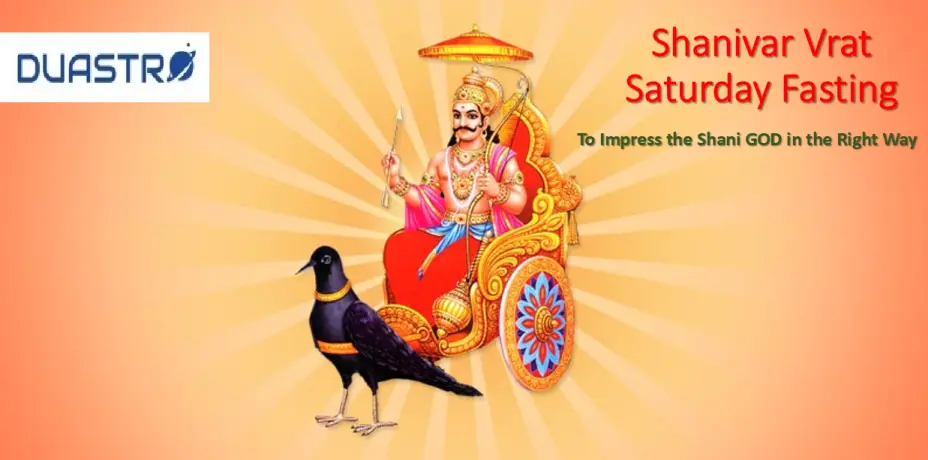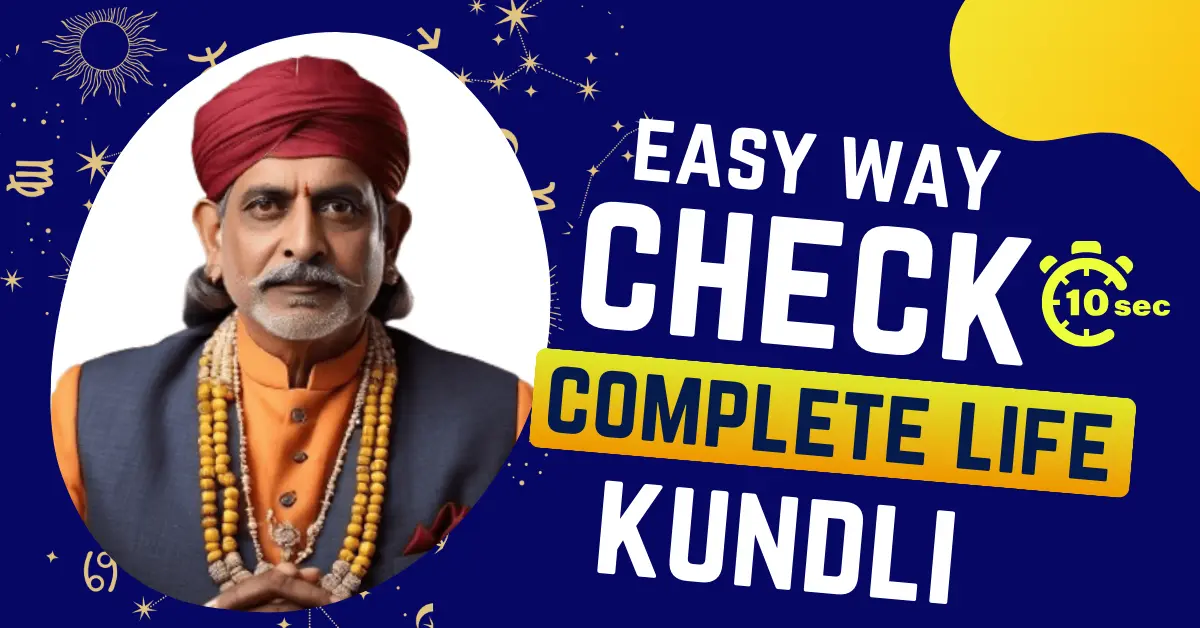Introduction: What is Maha Shivratri & Its Astrological Significance
Maha Shivratri meaning "The Great Night of Shiva" is one of the most spiritually potent nights in Hindu tradition. Celebrated annually in the month of Phalgun (February or March) this sacred night is devoted to Lord Shiva the deity of transformation destruction of ignorance & the cosmic dancer Nataraja. In astrology Shiva represents the infinite consciousness that governs all planetary energies. On Maha Shivratri the planetary alignment is such that it enables seekers to transcend limitations & cleanse karmic baggage through meditation fasting & mantra chanting. This is also the night when the life force are most matched for inner awakening & spiritual elevation. According to Astro Vikram Singh a Vedic astrologer with over 22 years of experience in planetary remedies & spiritual timing Maha Shivratri is not just a religious observance but a cosmic opportunity for realignment with your soul true path. Whether you are seeking peace clarity or resolution in life observing Maha Shivratri with astrological awareness can yield game-changing results for your career relationships or health.
Benefits of Observing Maha Shivratri
Observing Maha Shivratri offers multiple layers of benefits—spiritual psychological & astrological. From a spiritual perspective this night allows one to deepen their connection with the supreme consciousness breaking free from material illusions & ego-driven struggles. On a psychological level the fasting & meditative practices help quiet the mind increase self-discipline & improve emotional resilience. Astrologically Maha Shivratri plays a crucial role in mitigating malefic effects of planets like Saturn Rahu & Ketu. Individuals suffering from recurring obstacles in career family conflicts or health setbacks often experience relief by participating in Shivratri rituals. For example devotees facing Saturn Sade Sati or those dealing with planetary doshas like Pitra Dosh or Kaal Sarp Dosh can gain immense benefit by offering milk or water to a Shiva Lingam at midnight. Many astrologers also recommend performing remedies like Rudrabhishek during this time for those undergoing challenging planetary transits as seen in their life predict horoscope. The benefits are not just temporary but have long-lasting karmic implications often bringing renewed clarity & purpose to one life journey.
Types & Variations of Shivratri: Understanding Maha Shivratri
There are actually twelve Shivratris observed in a year—one every lunar month on the 14th night of the Krishna Paksha. But Maha Shivratri is the most powerful among them & is celebrated once a year in late winter just before spring begins. It symbolizes the union of Shiva & Shakti & the triumph of divine energy over darkness & ignorance. While monthly Shivratris are beneficial for ongoing spiritual discipline Maha Shivratri is considered a celestial portal where the spiritual & astrological energies are magnified. This is primary potent for individuals seeking spiritual liberation or those facing major planetary upheavals. Some regional variations of Maha Shivratri include special local pujas temple fairs & community fasts. In Tamil Nadu the night is observed with Nataraja worship while in North India devotees perform night-long jagrans & Rudrabhishek ceremonies. Anyway of the tradition followed the core essence remains the same—devotion discipline & divine surrender. If you are uncertain which rituals are most suitable based on your birth chart consider a personalised kundli dosha analysis to align your practices with your planetary needs.
How & When to Observe Maha Shivratri for Maximum Benefit
To make the most of Maha Shivratri timing & intention are key. Traditionally the observance begins at dawn & continues until the next morning. Devotees fast throughout the day consuming only water or fruit if necessary & stay awake through the night engaging in chanting meditation & Shiva puja. From an astrological perspective the four phases of the night are divided into four prahars each associated with a specific offering & mantra. The final prahar occurring around midnight is considered the most better for doing the Abhishekam or bathing of the Shiva Lingam with milk honey curd & Ganga jal. This is also recommended to chant the Maha Mrityunjaya Mantra or Om Namah Shivaya for spiritual purification & planetary healing. If you are facing professional stagnation or looking to change your financial trajectory observing Maha Shivratri by your finance horoscope can offer subtle but powerful realignments. For students & parents seeking blessings for concentration & success in academics this is also an excellent time to invoke divine support through guided rituals matches your education horoscope.
Astrological Remedies During Maha Shivratri
Maha Shivratri presents a rare astrological window for implementing highly effective remedies. One of the most common & beneficial practices is the Rudrabhishek where devotees offer various elements like water milk ghee & bel leaves to a Shiva Lingam while chanting specific mantras. This ritual helps in removing negative planetary impacts primary from Rahu Ketu & Saturn. Those dealing with legal issues emotional instability or karmic entanglements can benefit from this cleansing practice. Chanting of the Maha Mrityunjaya Mantra 108 or 1008 times is also highly advised for those dealing with chronic illness or uncertain health conditions. You may also explore a focused health horoscope to determine the exact planetary causes behind recurring ailments & adopt remedies so. Also offering food to Brahmins or feeding stray animals on this day serves as a great karmic pacifier. Individuals experiencing disturbances in marriage or relationships may perform a couple-based puja or recite Shiva-Parvati mantras together. To uncover deep-rooted issues affecting your love life consider understands from your relationship astrology chart to align your rituals with your emotional patterns & soul contracts.
Conclusion: Increase the Divine Power of Maha Shivratri
Maha Shivratri is far more than a cultural or religious observance—this is a night of cosmic potential deep healing & spiritual rebirth. Its alignment with planetary energies makes it one of the most astrologically charged days of the year. Whether you are battling internal fears struggling with life decisions or simply seeking a deeper connection with your higher self Maha Shivratri offers a divine reset button. By aligning your practices with your astrological profile & performing remedies suited to your planetary doshas you can tap into this sacred time to begin powerful changes. From enhancing career growth to restoring peace in your personal life the benefits ripple across all areas of existence. Do not let this once-a-year opportunity pass by without intention. Start preparing in advance review your accurate astrology prediction & set meaningful spiritual goals. Let the night of Shiva guide you to clarity purpose & transformation that echoes well beyond a single night into the destiny of your soul.
About the Expert: Astro Vikram Singh
This article is written by Astro Vikram Singh a famous Vedic astrologer with over 22 years of experience in spiritual astrology planetary remedies & karmic forecasting. Known for his empathetic yet precise approach Astro Vikram specialises in integrating ancient astrological wisdom with practical rituals that yield real-world results. His understands have guided thousands to align their life paths through lunar observances mantra therapy & Shiva-based remedies. He is also a consultant for advanced topics like karmic healing Sade Sati impact reduction & game-changing planetary combinations. You can consult Astro Vikram Singh through Duastro for personalised guidance & ritual suggestions personalised to your birth chart & spiritual goals.

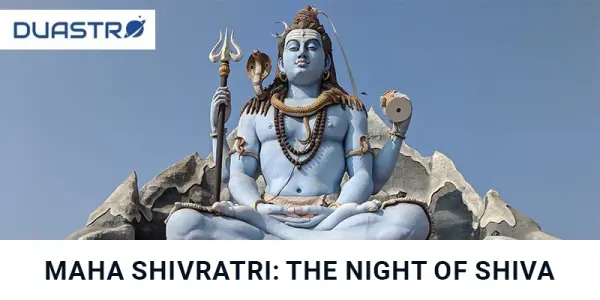
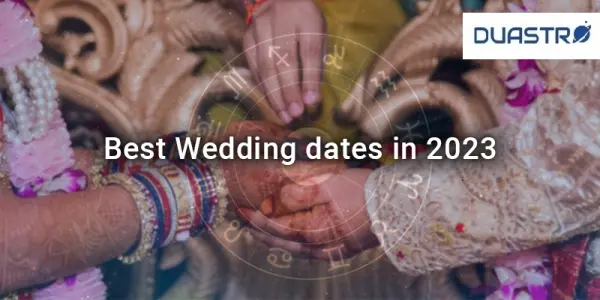
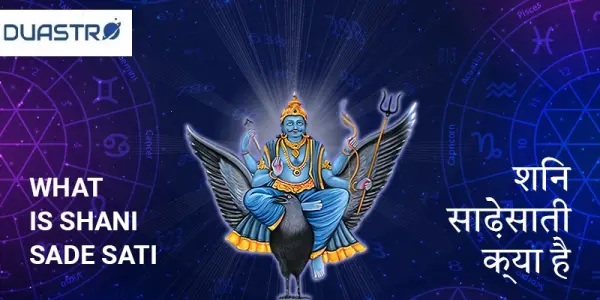

.webp)
